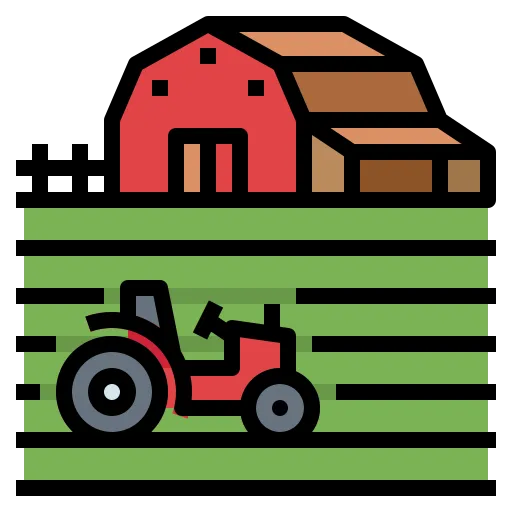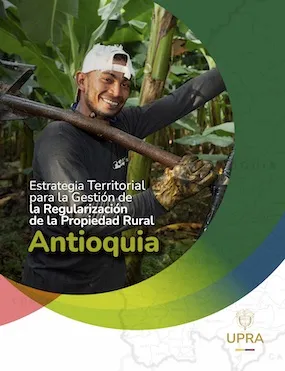Publications
Categorías
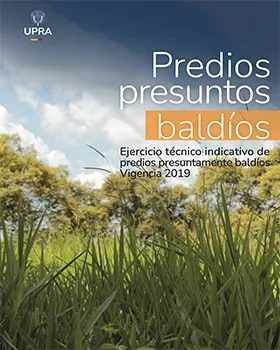
In response to the need for indicative information about "presumed vacant land" as requested by MADR, it is pertinent to point out that, under the mandate of Decree 4145 of 2011, the UPRA is tasked with guiding land management policy for agricultural purposes through the planning and production of guidelines, indicators, and technical criteria for decision-making regarding OSPR, the efficient use of land for agricultural purposes, land improvement, the rural land market, and the monitoring and evaluation of public policies in these areas. Among these, as referenced in the request, is the conduct of indicative technical exercises, which, based on cadastral and registry information, aim to identify presumed vacant land in the country.
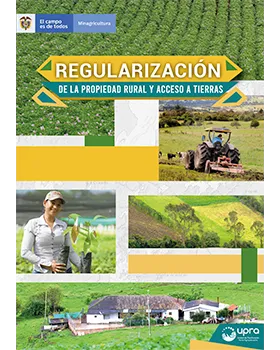
This document encompasses the conceptual foundations of rural property regularization and land access processes in Colombia. It provides a general context concerning the issue of land tenure informality and its place on the State's public agenda. The regulatory framework for property rights in the country is presented, defining various forms of land tenure and the main causes of informality. Additionally, the processes currently undertaken by the State for rural property regularization and land access are described, highlighting their scope, potential beneficiaries, and the responsibilities of the relevant entities.
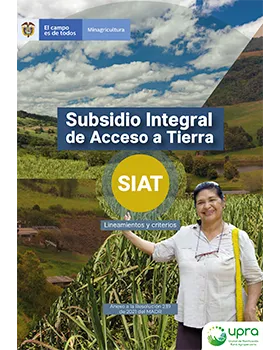
This document contains the technical and legal guidelines and criteria necessary for the implementation of the access program known as "Integral Land Access Subsidy (SIAT)," outlined in Decree Law 902 of 2017. This decree aims to facilitate the implementation of the integral Rural Reform as outlined in the Final Peace Agreement regarding land matters. It specifically addresses the procedures for access and formalization as well as the Land Fund.
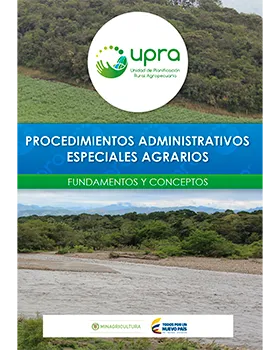
Documenting the foundations and concepts of special agrarian administrative procedures is an exercise that aims to go beyond collecting useful administrative and legal definitions. It aims to substantiate the origin, relevance, importance, and timeliness of these procedures for the social organization of rural property. This involves establishing a clear basis for formulating guidelines that significantly enhance public performance in this matter.
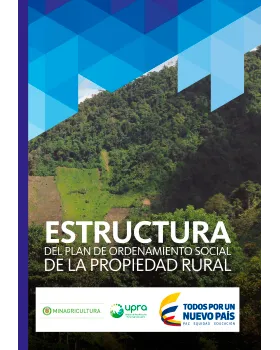
In the context of preliminary studies for the formulation of a Rural Social Property Planning in Colombia, the Rural Agricultural Planning Unit (UPRA) has developed a proposal for the Plan's Structure, which outlines the minimum contents of the instrument, the geoprospective approach in the planning methodology, and the programmatic components of the Rural Social Property Planning strategy that will be presented to the National Government.


